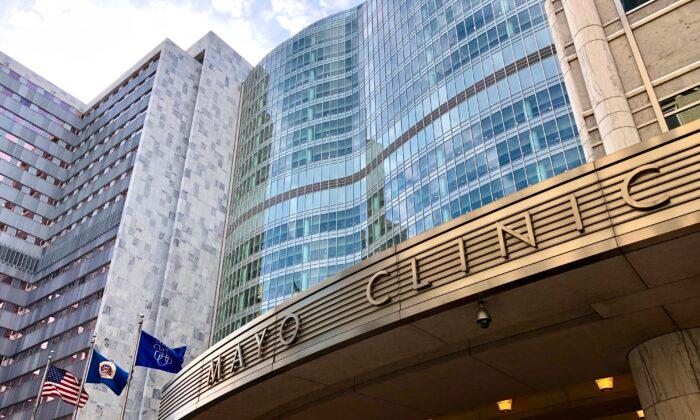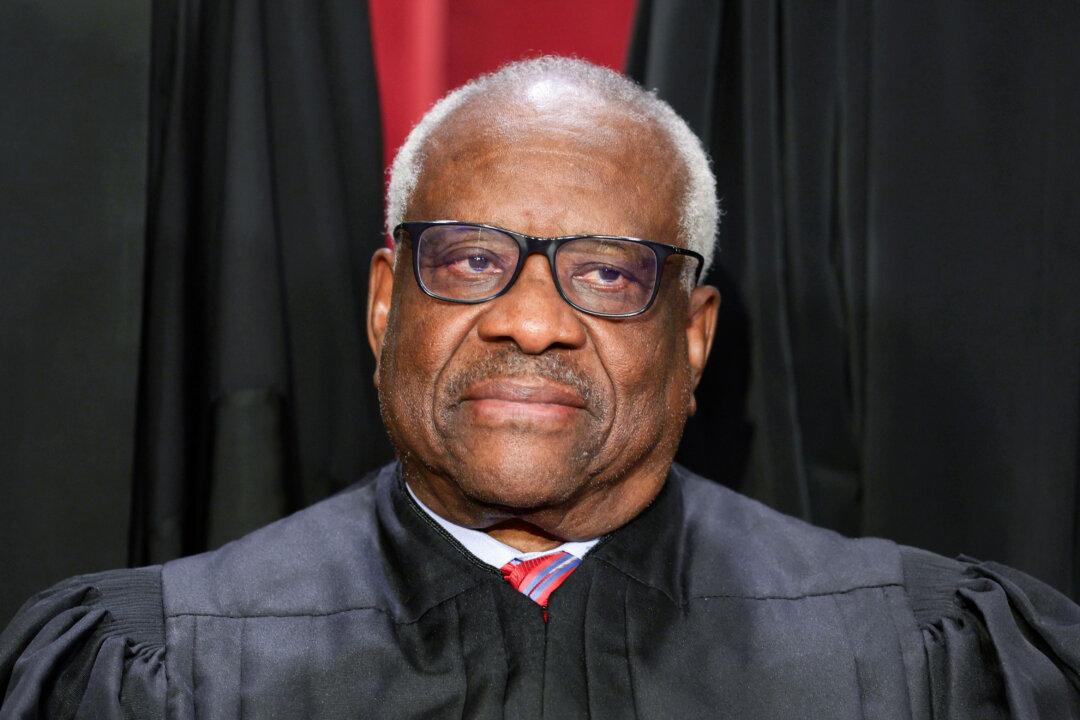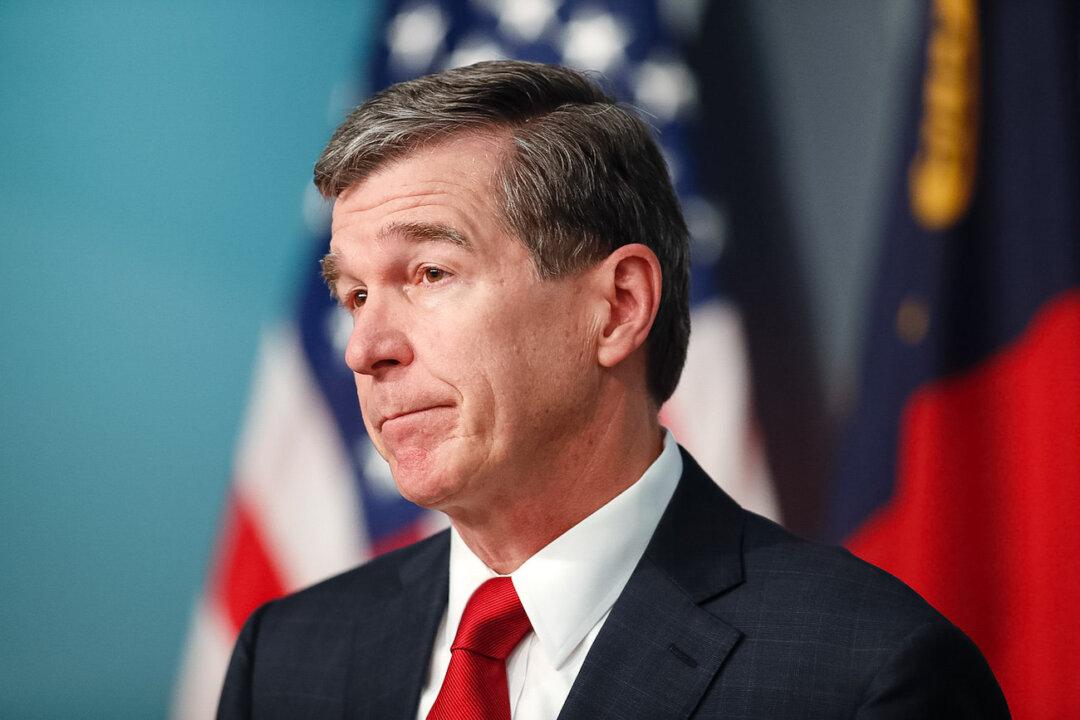A lawsuit against the Mayo Clinic must move forward, a federal court has ruled, reviving the suit after it was thrown out in 2023.
The workers in multiple suits, which have since been consolidated, argued that the Mayo Clinic illegally failed to accommodate their religious beliefs, violating Title VII of the Civil Rights Act. Three of the workers applied for religious exemptions to the nonprofit’s mandate and were denied; the two others saw their applications accepted but protested against the requirement that they had to test for COVID-19 weekly.
U.S. District Judge John Tunheim in 2023 tossed the suit, finding that some of the plaintiffs did not prove that they hold religious beliefs in opposition to the mandate or show how the testing requirement conflicts with their beliefs.
The Eighth Circuit’s new ruling is that the judge’s findings were erroneous.
Federal employment law makes it illegal for employers to fire or otherwise take action against employees over their religion. The three workers whose religious exemption requests were denied, Shelly Kiel, Kenneth Ringhofer, and Anita Miller, all said that their Christian beliefs prevented them from accepting COVID-19 vaccination, in part because they oppose abortion and aborted fetus cells were used in the production or testing of the COVID-19 vaccines.
“The district court erred in finding that the plaintiffs failed to adequately connect their refusal of the vaccine with their religious beliefs,” U.S. Circuit Judge Duane Benton said. “At this early stage, when the complaints are read as a whole and the nonmoving party receives the benefit of reasonable inferences, Kiel, Miller, and Ringhofer adequately identify religious views they believe to conflict with taking the COVID-19 vaccine.”
The two other plaintiffs received religious exemptions but refused to undergo weekly testing. One said it “violates her conscience to take the vaccine or to engage in weekly testing or sign a release of information that gives out her medical information.” Both also plausibly pleaded religious beliefs that conflicted with the testing, the panel found.
Judge Tunheim said at one point in his ruling that because many Christians who oppose abortion still receive vaccines, opposition to vaccination based on pro-life beliefs is not linked to religion. However, that view is not correct, Judge Benton said, pointing to a previous U.S. Supreme Court ruling that found that constitutional protection of religious beliefs is “not limited to beliefs which are shared by all of the members of a religious sect.”
The circuit court reversed Judge Tunheim’s ruling and remanded the case back to him.
Judge Tunheim is an appointee of President Bill Clinton. Judge Benton, appointed by President George W. Bush, was joined in the unanimous ruling by U.S. Circuit Judges Ralph Erickson and Jonathan Kobes, both of whom were appointed by President Donald Trump.
The circuit court also ruled for the plaintiffs concerning the Minnesota Human Rights Act (MHRA), which bars employers from discriminating against workers because of factors such as religion. Judge Tunheim said the law only provides a cause of action for workers who allege disability discrimination, not religious discrimination. That’s not correct, according to the appeals court.
“Due to Minnesota’s precedent of (1) construing liberally the MHRA, and (2) providing its citizens with commensurate, or greater, protections than under federal law, the Minnesota Supreme Court would decide that the MHRA provides protection against failures to accommodate religious beliefs,” Judge Benton wrote. “The district court erred by finding that the MHRA does not provide a cause of action for failure to accommodate religious beliefs.”








